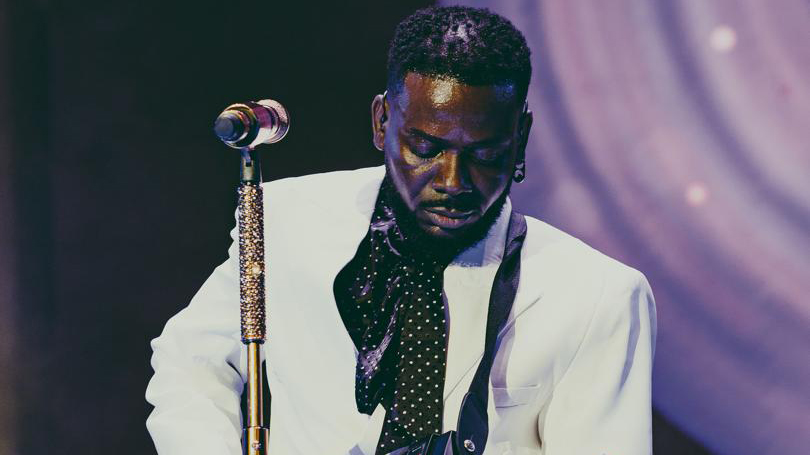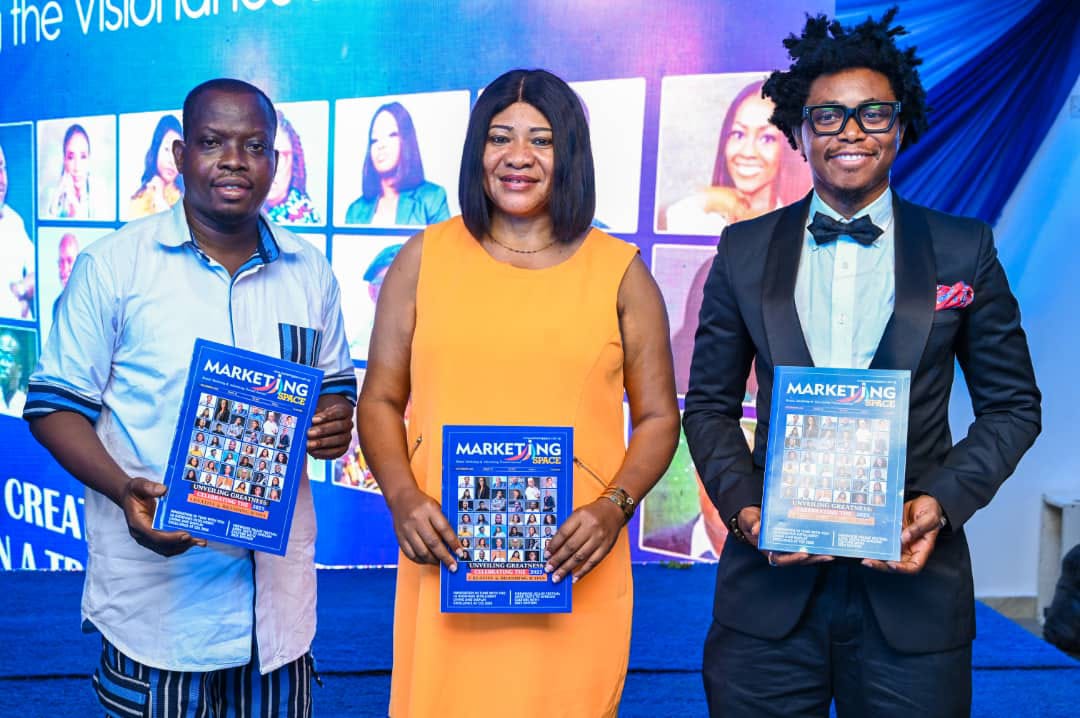Media professionals, chief executive officers of multinational tech and fintech companies; content creators, academics and government regulators gathered at Africast 2025 in Lagos, stressing the need to safeguard African narratives in the global streaming era.
Themed, ‘Navigating the digital surge- building a resilient African media ecosystem for the future’, the participants also canvassed balancing Africa’s tech leapfrogging with ethical guardrails.
Organised by the National Broadcasting Commission (NBC), Lagos State Governor, Babajide Sanwo-Olu, who was represented by the Commissioner for Information and Strategy, Gbenga Omotoso, acknowledged the contribution of global digital platforms in providing access and freedom of expression especially for Nigeria’s creative talents.
He further raised concerns about the growing threat of misinformation, and called for a balanced regulatory approach that protects freedom of information. He emphasised that digital transformation presents a critical opportunity for an inclusive and forward-thinking broadcasting landscape.
The chief host, Minister of Information and National Orientation, Mohammed Idris Malagi,stated that the conference addresses the urgent need for media that is innovative, resilient, inclusive and sovereign.
According to him, Africast is a critical platform where participants should explore critical pillars like policy, AI governance and content monetisation to spark action and shape our media evolution.
He added that the Tinubu administration is committed to an agile regulatory environment, which supports innovation and empowers the next generation. He called for enduring collaborations and visionary transformation in the broadcasting ecosystem.
In his welcome address, NBC Director General, Charles Ebuebu,emphasised the evolution of Africast into a strategic platform for innovation, policy dialogue and industry collaboration.
Concerning the theme, he described it as a call to action for the African media to adapt to rapid technological shifts such as AI, immersive content, and digital safety from control to collaboration and from analogue thinking to digital leadership.
The keynote paper, titled, ‘From liberalisation to the digital surge: Building Africa’s next generation media infrastructure’ was delivered by the former Nigerian Communication Commission’s Executive Vice Chairman and Chairman MTN Board, Ernest Ndukwe.
The paper traced the continent’s journey from critical media liberalisation to the 1990s, which gave Africa its own voice and began mirroring its diverse societies, including rural communities to today’s exponential surge in mobile broadband and digital platforms.
These technologies, he noted, are fundamentally reshaping how Africans access media and tell their own stories. The following recommendations were drawn from the messages and conversations: That there is need for regulatory convergence to address the dynamic digital technological landscape.
African regulators should aim at promoting collaboration by implementing concurrent jurisdictional approaches to regulate the digital space, avoiding gaps and overlaps; activities of unregistered online broadcasters should be regulated; there is need for the development and enactment of updated legislation that equips national media regulators with legal authority, tools and flexibilities required to govern digital platforms, content creators and emerging technologies; digital infrastructure should be designated as essential national assets; regulatory agencies should implement forward looking policies that enable innovation and empower local content providers to thrive; there is need for African governments to enhance continental cooperation, to modernize institutions, create a fertile ground for growth, ensure seamless regional connectivity and digital integration; Africa must actively lead in shaping its digital future, ensuring it is defined by media freedom, data sovereignty and inclusive growth for all its people; African Regulators must be structurally and financially independent, with inclusive legal frameworks; Africa should strengthen Intellectual Property (IP) and data protection laws.
Other recommendations include, regulators must safeguard Africa’s cultural heritage, norms, and values in content; regulation should aim at protecting consumers against privacy intrusion, online defamation, and harmful content, with public enlightenment on digital rights.; regulators should move beyond urban connectivity to focus on financially viable models for rural reach, leveraging the synergistic potential of telecoms, cloud computing, and satellite technology; African governments should subsidize infrastructure deployment and create deliberate financial interventions, similar to western models, to make operational costs feasible and bridge the digital divide; Government should delegate authority to the NBC to approve the licensing of community radio stations; the audio-visual industry should invest in fact-checking and deploy detection tools to ensure content credibility; Governments should formulate policies to enable credible audience measurement that will resonate with public preference and attract revenue to the industry; broadcasters should use optimised, energy-efficient equipment and phase out high-power legacy systems through proper disposal and recycling of e-waste; regulators should encourage green energy compliance as a licensing requirement; African governments should focus on regulating platforms rather than individual creators, acknowledging the practical limits of content control; government should initiate proactive policies that will enable the growth of Afrobeats and the creative industry; there is need to strengthen IP laws and local monetization processes to incentivize artists to release work domestically; content creators should develop new revenue model through brand collaborations with new generation content creators to stay relevant
The conference resolved that children and youths should be present at the next Africast edition. It is important to make them an active part of the conversation that would craft a policy for them; children must be safeguarded against harm in this new generational shift, it is crucial to instil indigenous cultural values, discipline, and responsibility through tailored content; Africa should effectively leverage edutainment as a transformative tool for education, cultural preservation and social change in the contemporary digital landscape; policy intervention to ensure that all outputs of broadcast stations are well documented and kept as data for training AI Models.






